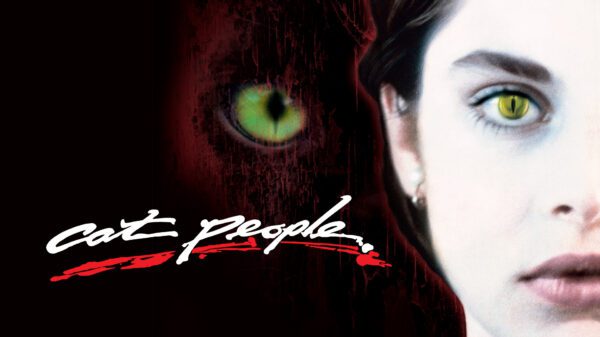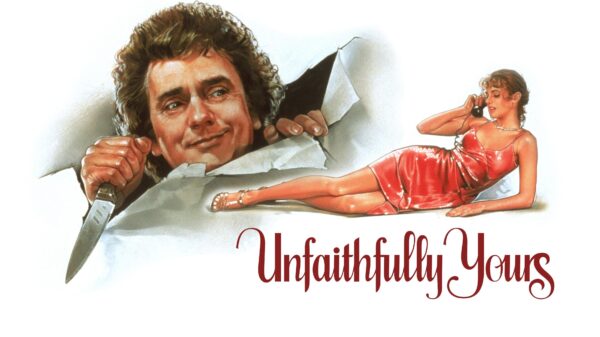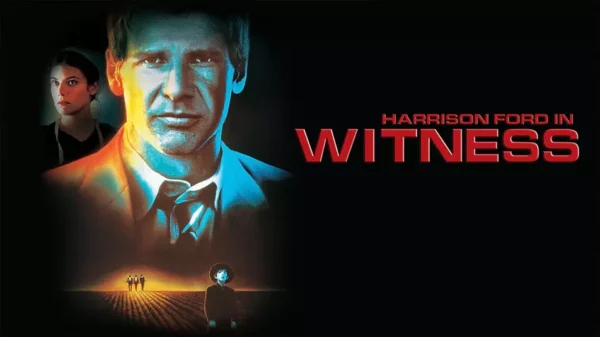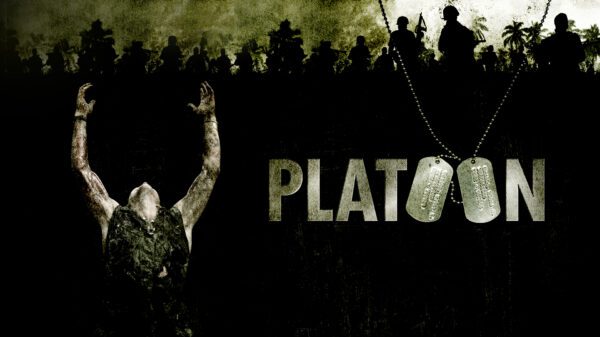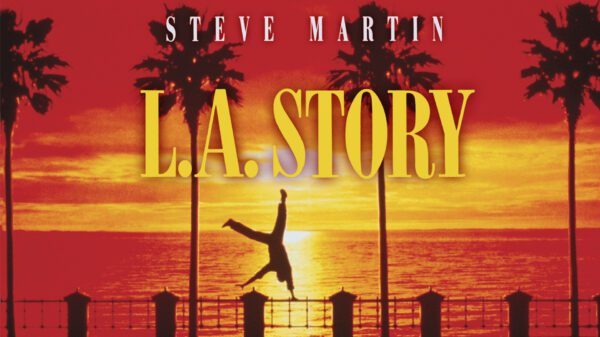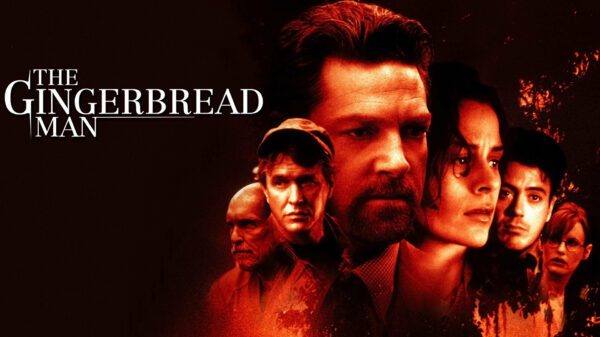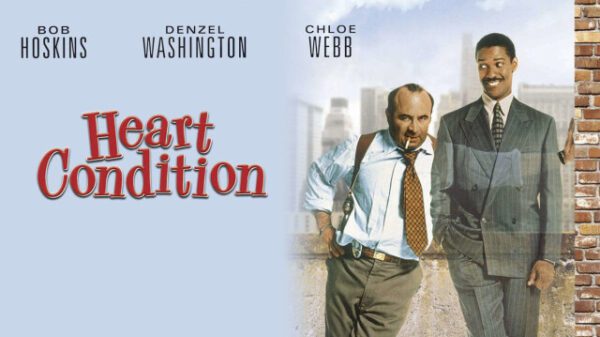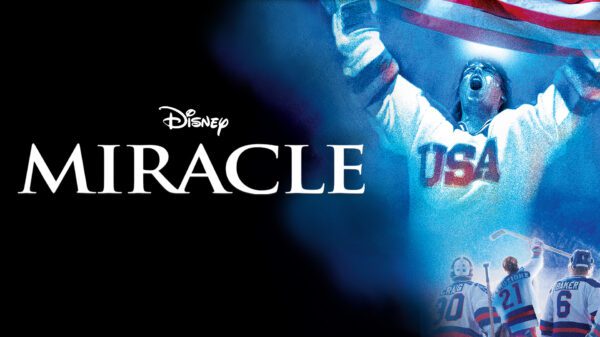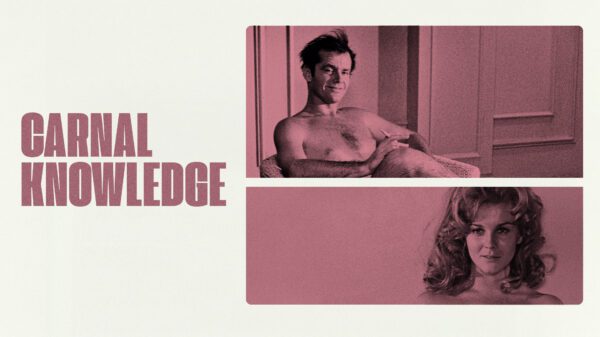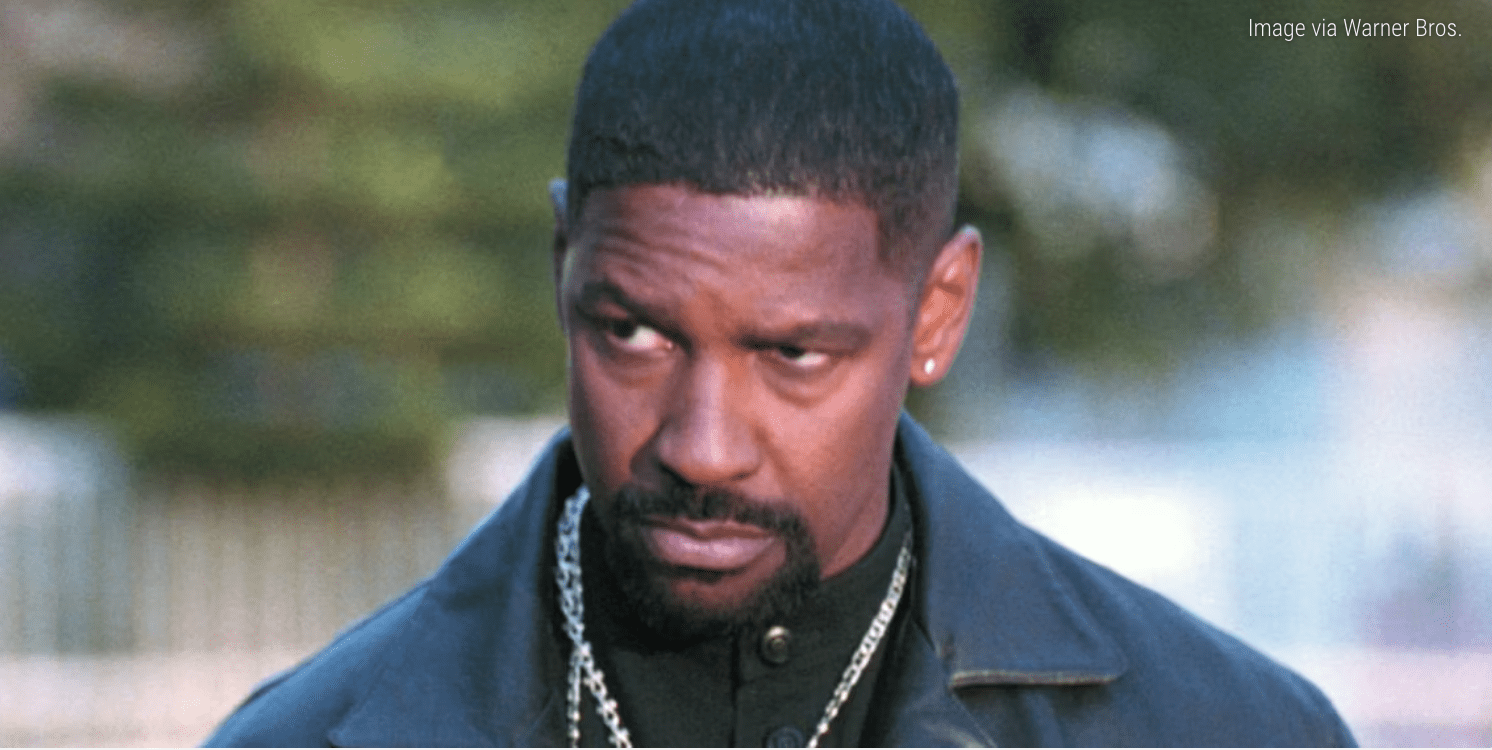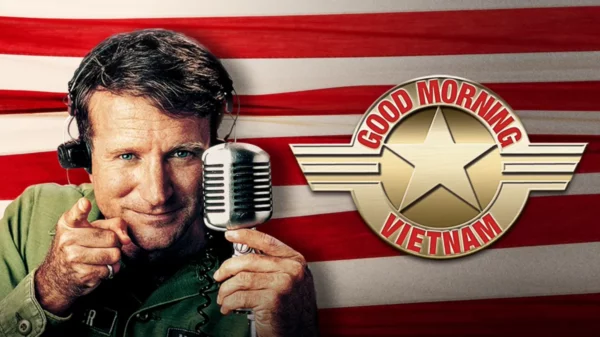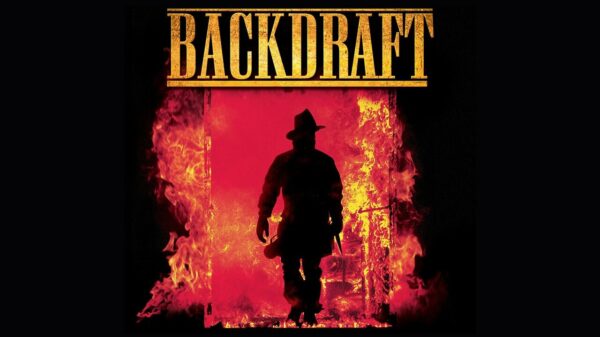Mad City, directed by the master of political thrillers, Costa-Gavras, is a biting, high-tension drama that zeroes in on the destructive power of media sensationalism. The film is a sharp critique of the blurred line between journalism and entertainment, exploring how a tragic, small-scale event can be rapidly inflated into a national spectacle.
The plot hinges on a disastrous encounter at a natural history museum.
Disgraced reporter Max Brackett (Dustin Hoffman) is in the wrong place at the wrong time—or perhaps the perfect place—when he finds himself the only journalist on the scene of an unfolding hostage crisis.
The crisis is precipitated by Sam Baily (John Travolta), a recently fired and desperate security guard who intended only to plead for his job back, but accidentally finds himself holding hostages.
Seizing the opportunity, Brackett assumes a dual role: negotiator and exclusive correspondent.
As Baily struggles with the accidental consequences of his desperation, Brackett expertly manipulates the situation for maximum airtime, feeding the hungry cable news cycle.
The world quickly descends on the town, turning the museum into a circus.
The narrative tracks how the media machine—represented by figures like anchor Kevin Hollander (Alan Alda) and intern Laurie Callahan (Mia Kirshner)—begins to exploit Baily’s plight, transforming the sympathetic man into a national villain and then a manipulated pawn.
The film is driven by its exceptional ensemble cast.
Hoffman is mesmerizing as the cynical, ratings-obsessed Brackett, while John Travolta delivers a powerful, sympathetic performance as the overwhelmed, accidental hostage-taker, Baily.
The supporting cast, which includes Robert Prosky, Bill Nunn, Blythe Danner, Ted Levine, and Lucinda Jenney, grounds the drama.
William Atherton and Raymond J. Barry further flesh out the media and law enforcement elements, respectively, intensifying the pressure on the museum.

Dustin Hoffman and John Travolta in Mad City (Photo/Warner Bros.)
Reception for Mad City
Mad City grossed $4.6 million on its opening weekend, finishing sixth at the box office.
The film grossed $10.5 million in its theatrical run.
Roger Ebert gave Mad City two out of four stars in his review.
Legacy
The enduring legacy of Mad City is its prescient vision of the 24-hour news cycle and reality TV culture.
It remains a relevant examination of how modern media consumption creates instant celebrity, distorts reality, and ultimately preys upon human vulnerability.
Without revealing the outcome, the film is a fascinating study of accountability—not just for the accidental criminal, but for the journalists and consumers who feed the spectacle.

